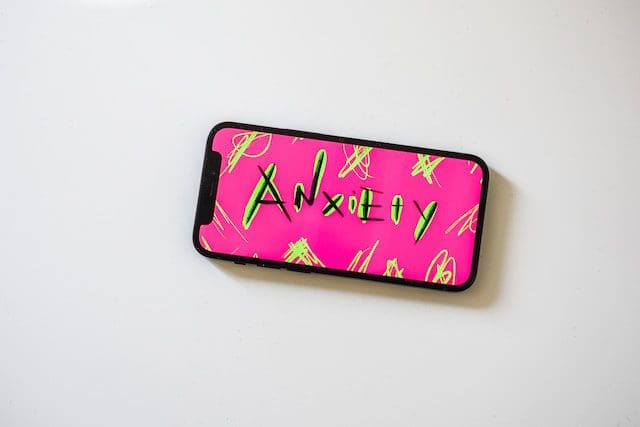
Managing Guilt Online
July 8, 2024 in Social Media Guide
It’s really easy to unintentionally hurt people’s feelings online. We may not even know we’re doing it, and it’s impossible to predict how people who follow us may respond, but everything online is going to cause some sort of reaction, no matter how big or small.
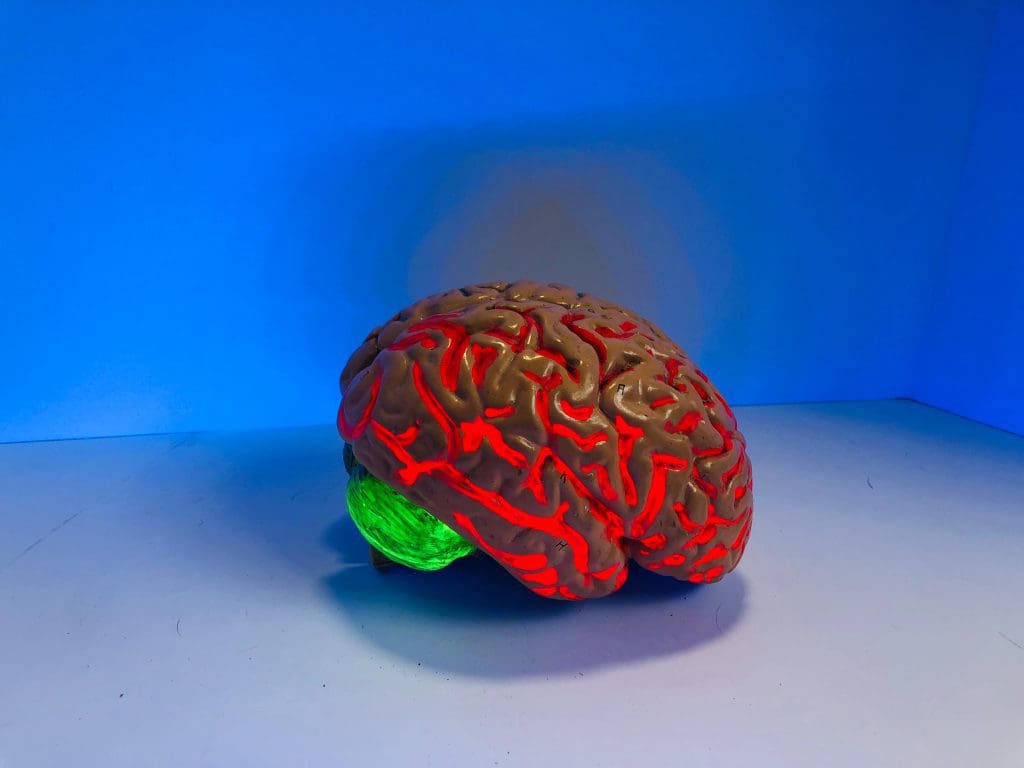
Because of this, we may find ourselves worrying how people, whether specific people or people as a whole, are going to react to the kind of content we post. While thinking about how audiences will respond to social media posts is incredibly common, those with anxiety may experience this worry on another level. This is due to the tendency for those with anxiety to “mind read,” or basing their actions and emotions in response to how they think people are going to react to something they do that hasn’t even happened yet.
Mind-reading can thus lead to more intensive, particularly negative feelings as we go online and look at our profiles and see how we post, or what we plan to post. One of these feelings is guilt, where we may feel bad if we post something that might be taken as controversial, feel that it could be triggering to someone, or make them experience some level of FOMO if you post about hanging out with someone else, even if you don’t know them that well.
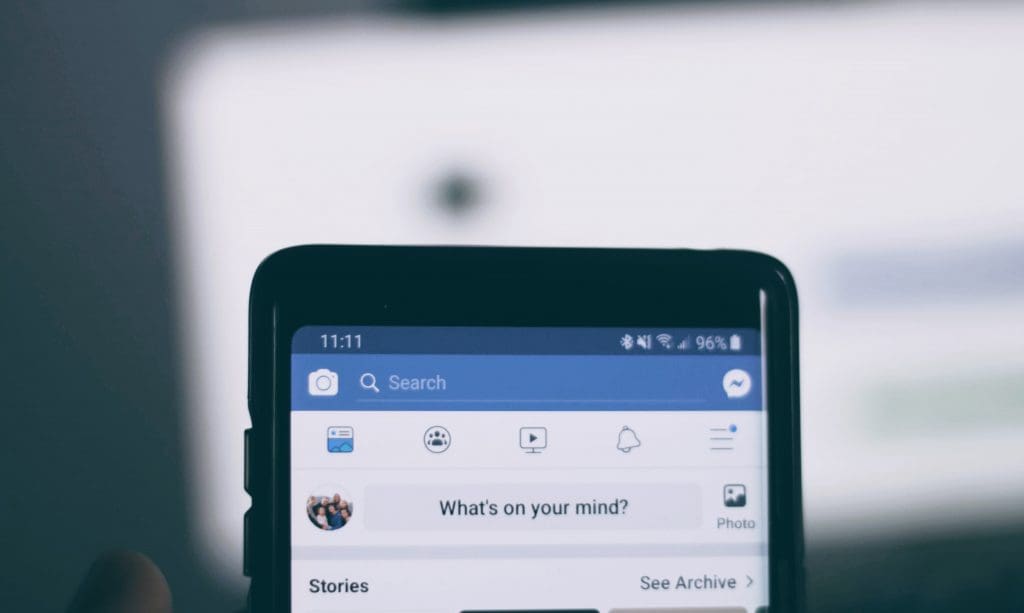
If you do find yourself feeling guilty about potentially or after posting something, take the time to ask yourself if there’s anyone specific that you’re worried about upsetting and what your relationship is like with them. Do you talk to them often? Is this someone you care about? What is the item that you’re considering posting that is causing these guilty feelings? If it’s something you care a lot about, but think that it might upset people, you can consider adding trigger or content warnings. Even if the item has already been posted, there’s also nothing wrong with editing it, adding a follow-up post, or even going back to delete it if the guilt feels particularly heavy.
Social media is always hit-or-miss in regards to how people react, including yourself to your own content. It’s important that your profile represents you, but remember that others can see it too, and if that’s going to affect how you post and feel, it’s important to keep these questions in mind.
Have you ever posted something that made you feel guilty after you posted it? What was it about? Do you think certain kinds of posts can cause more negative reactions than others?


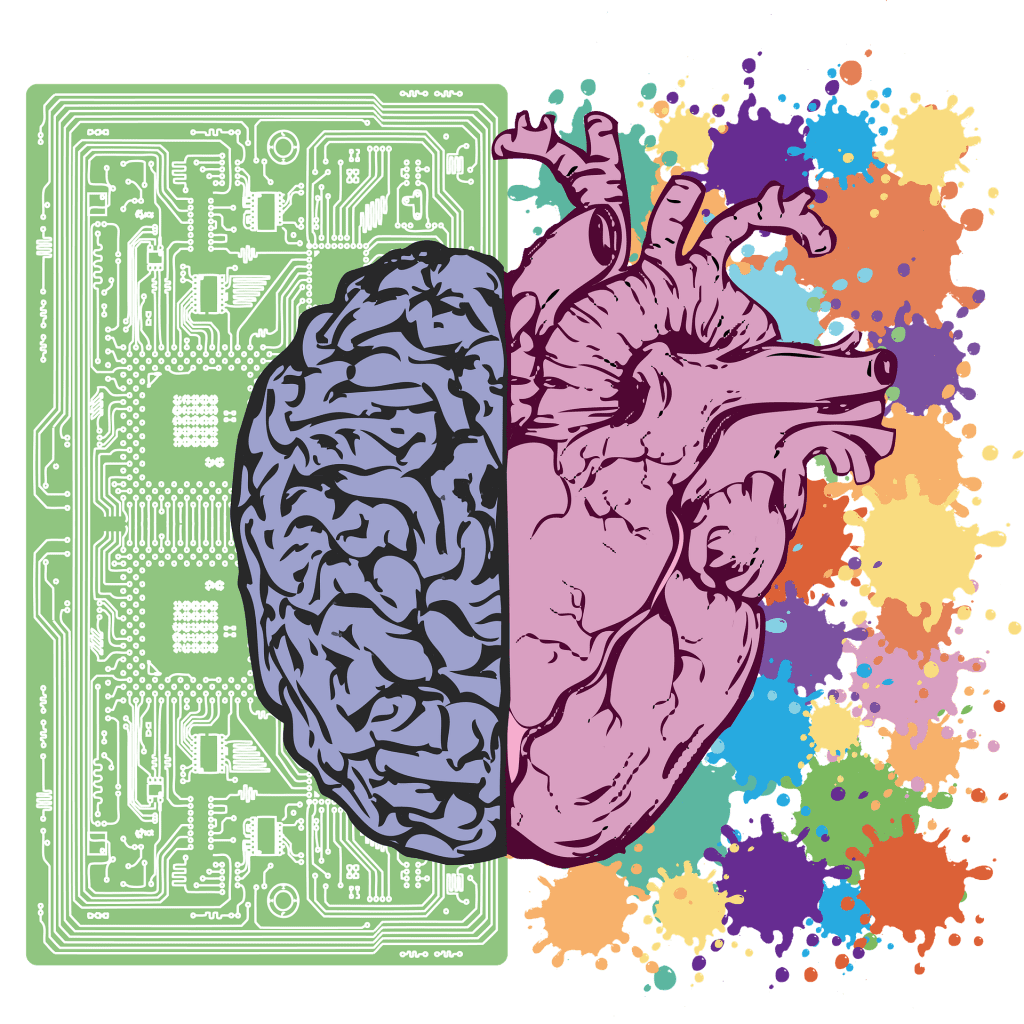


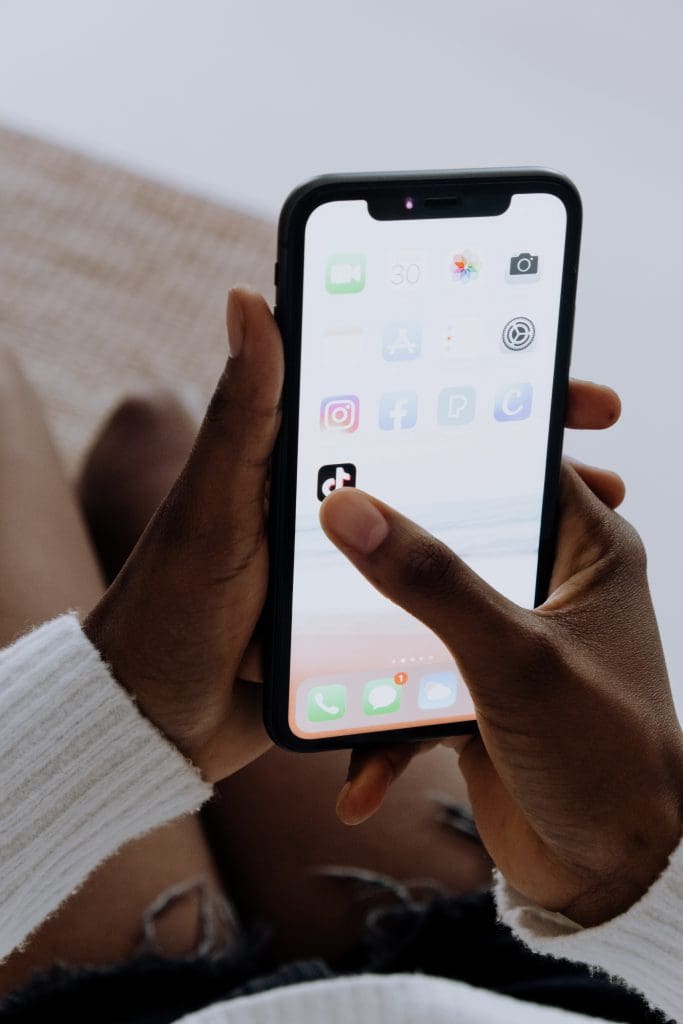
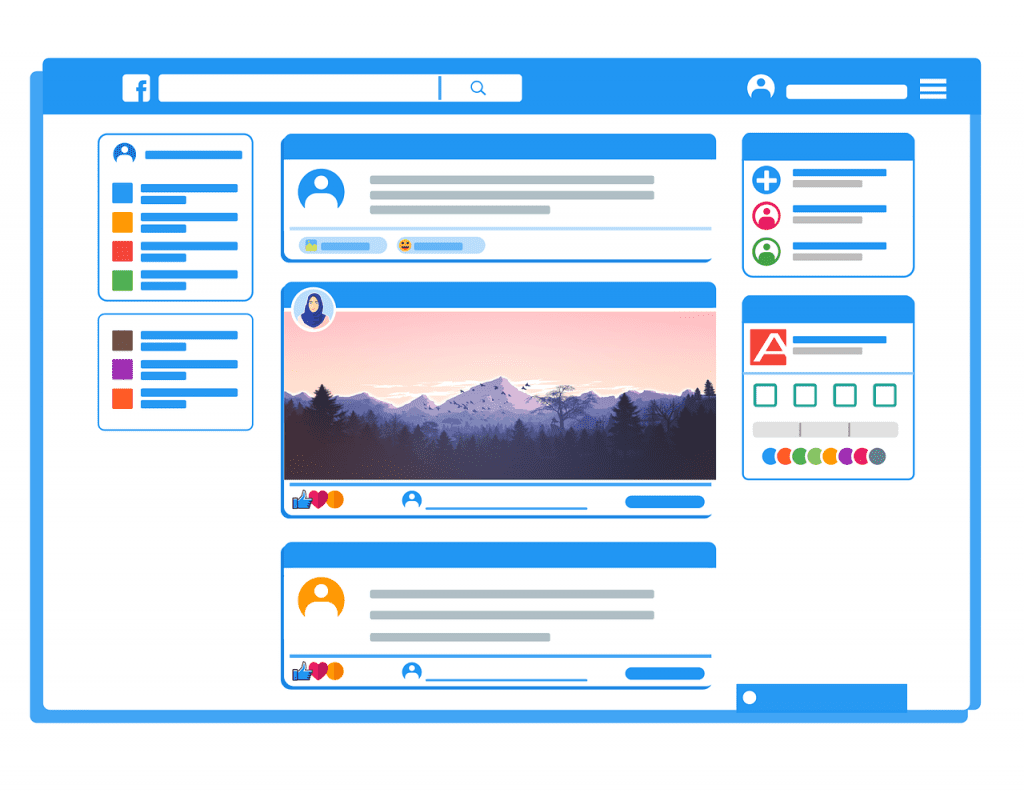

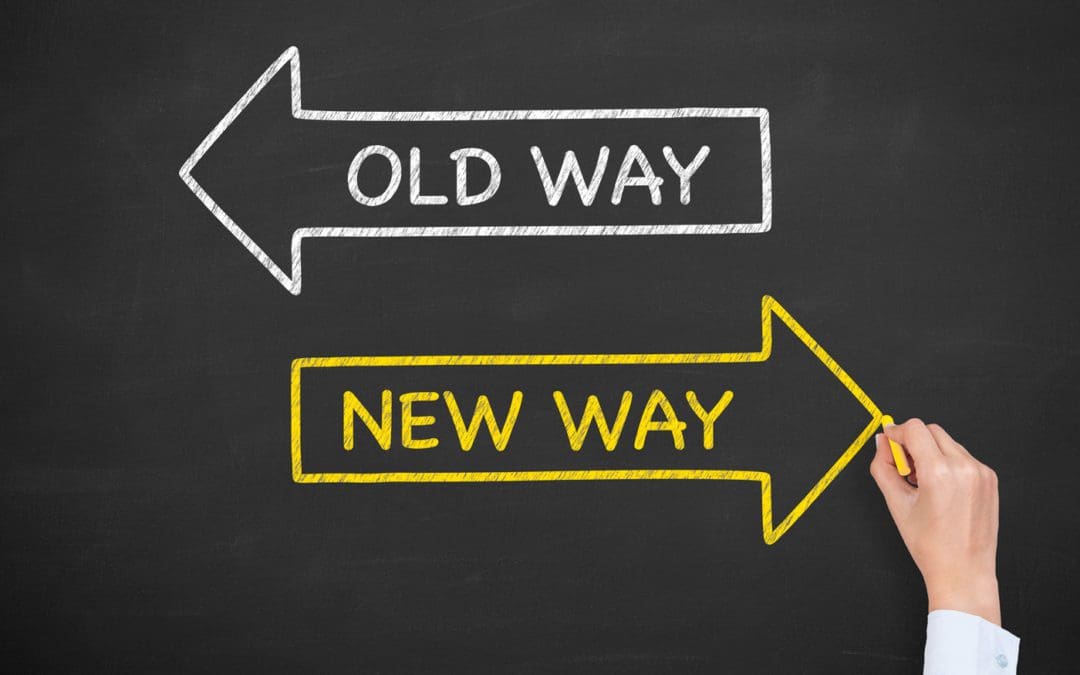
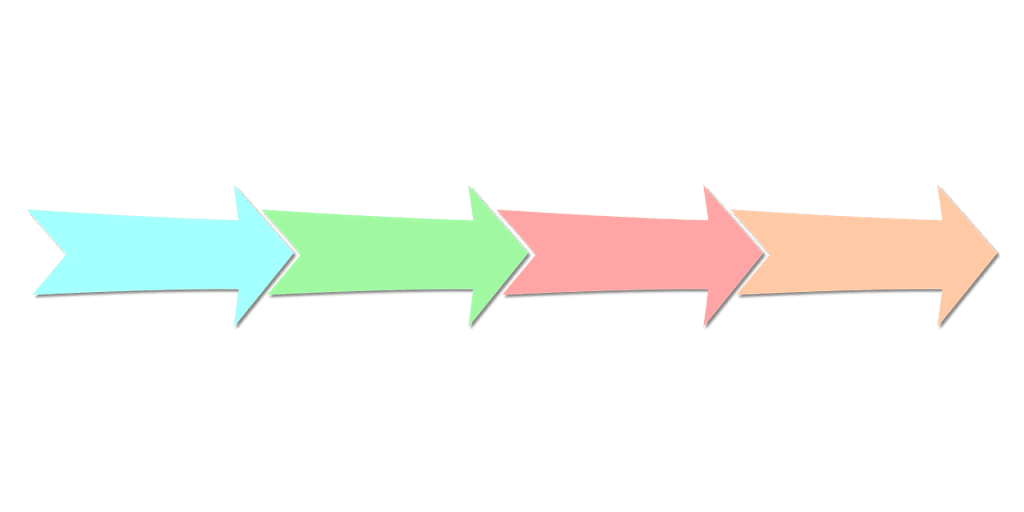


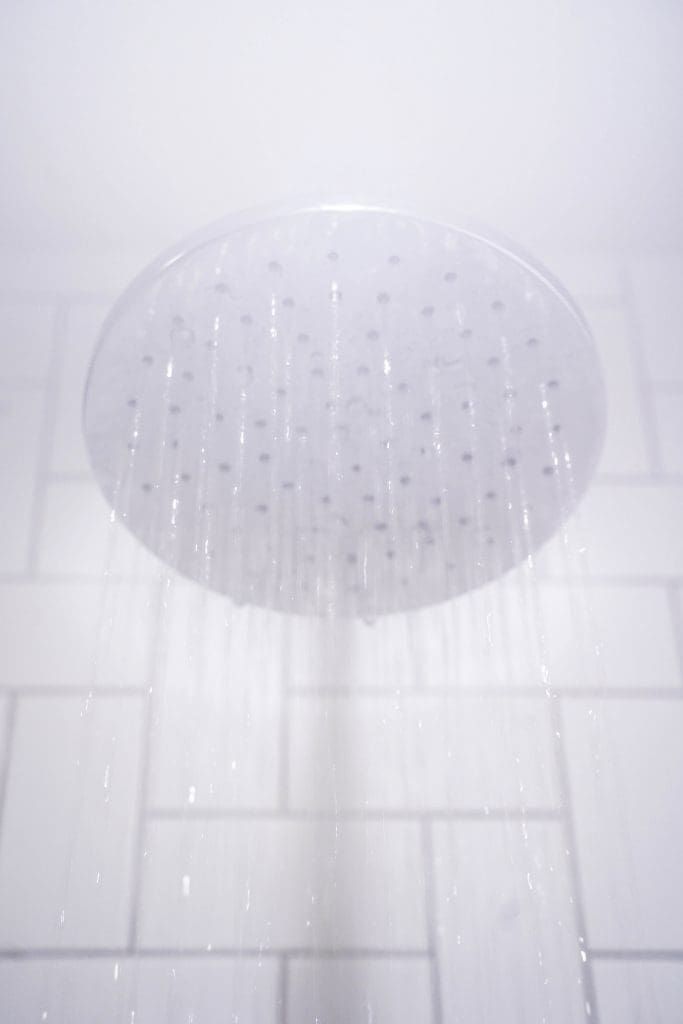
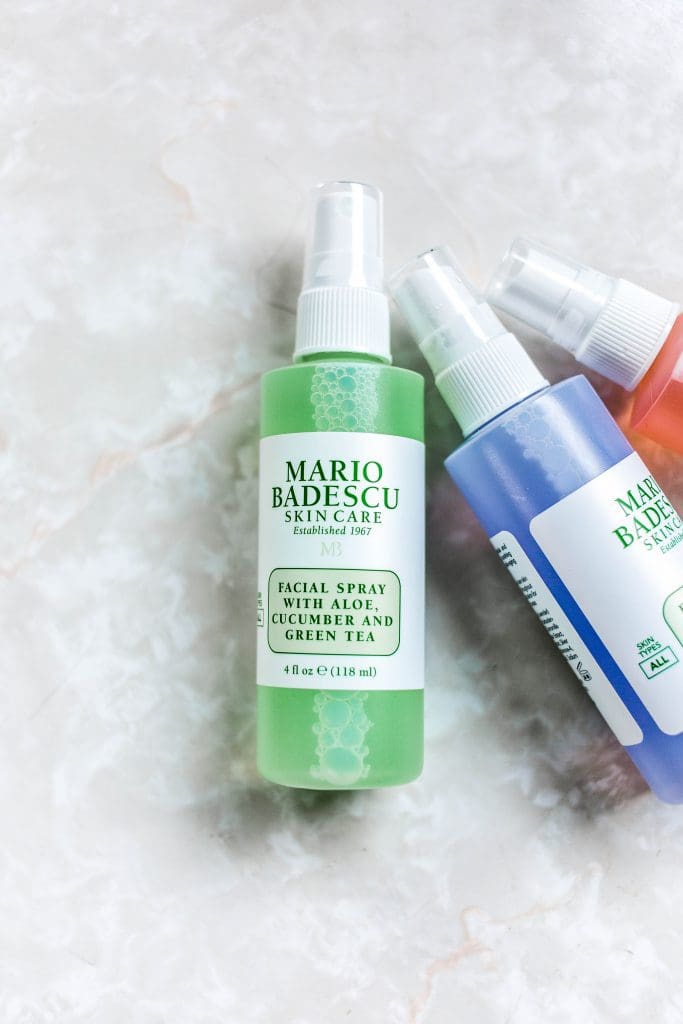



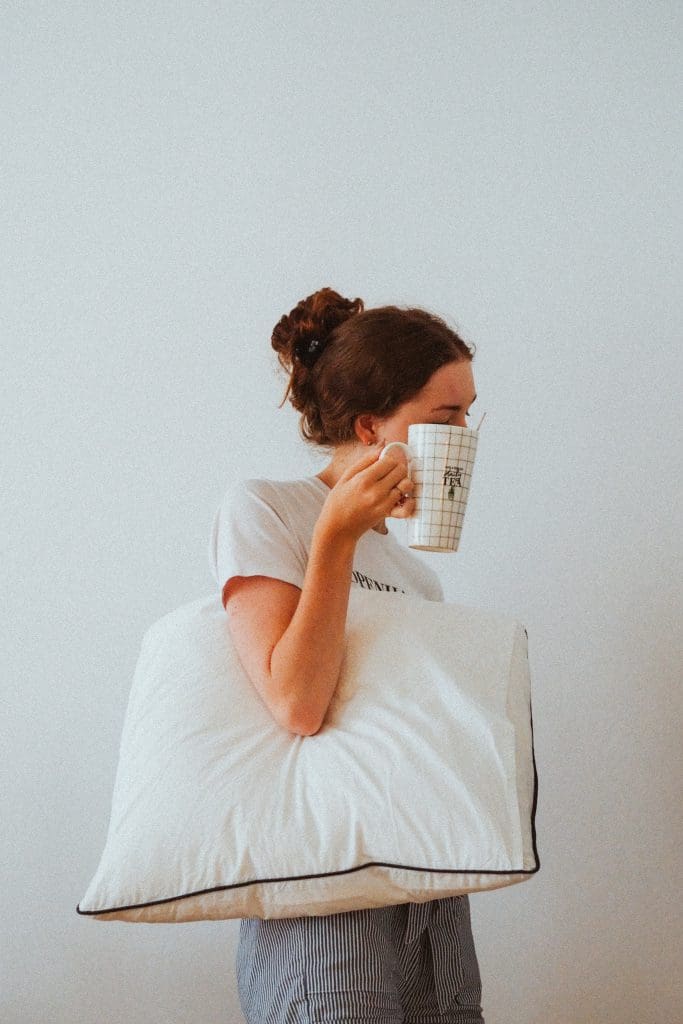
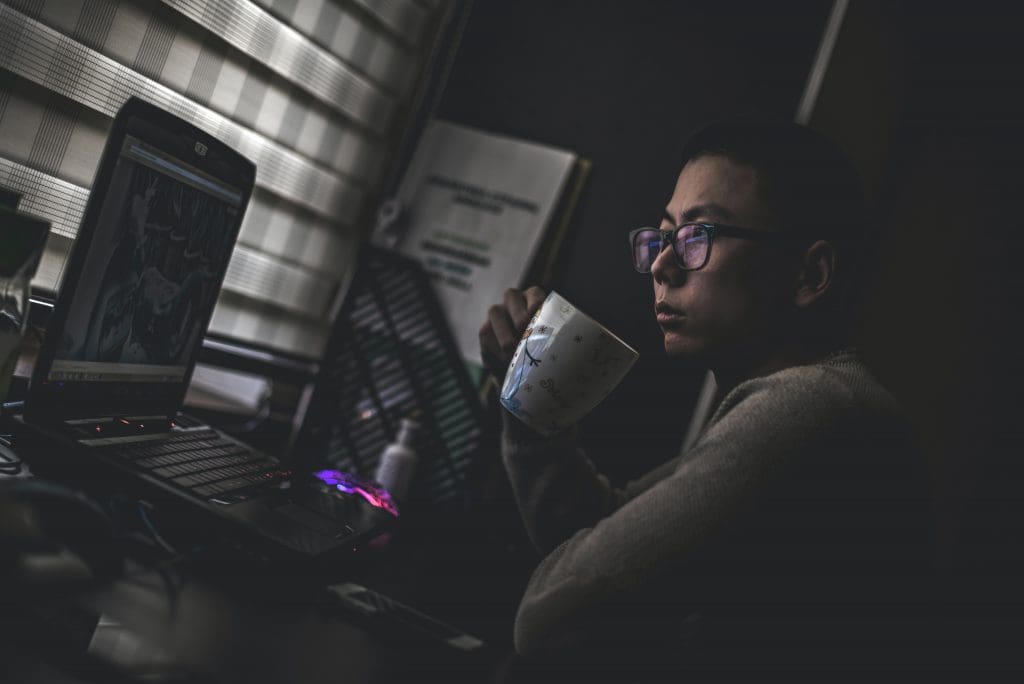
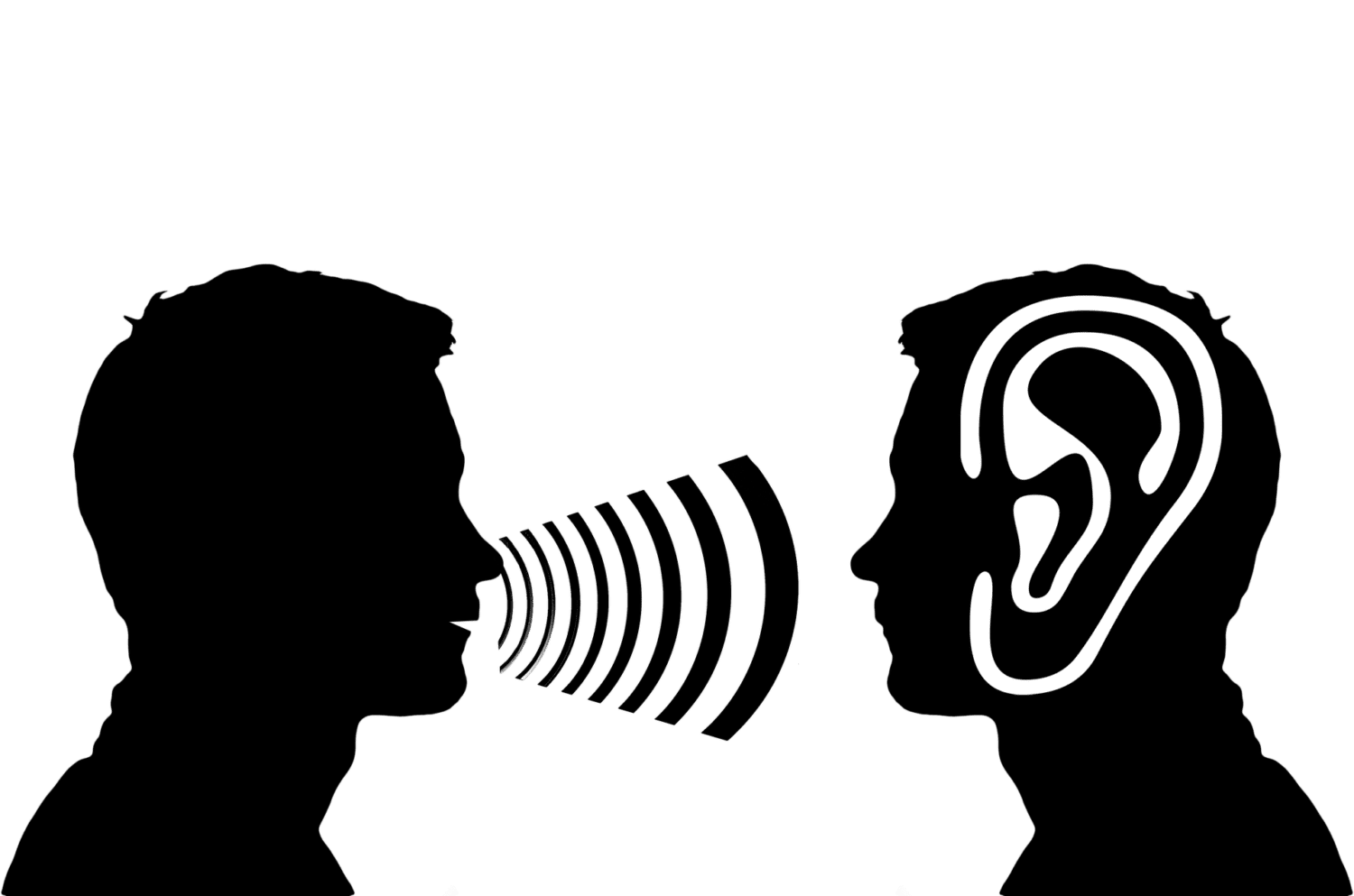

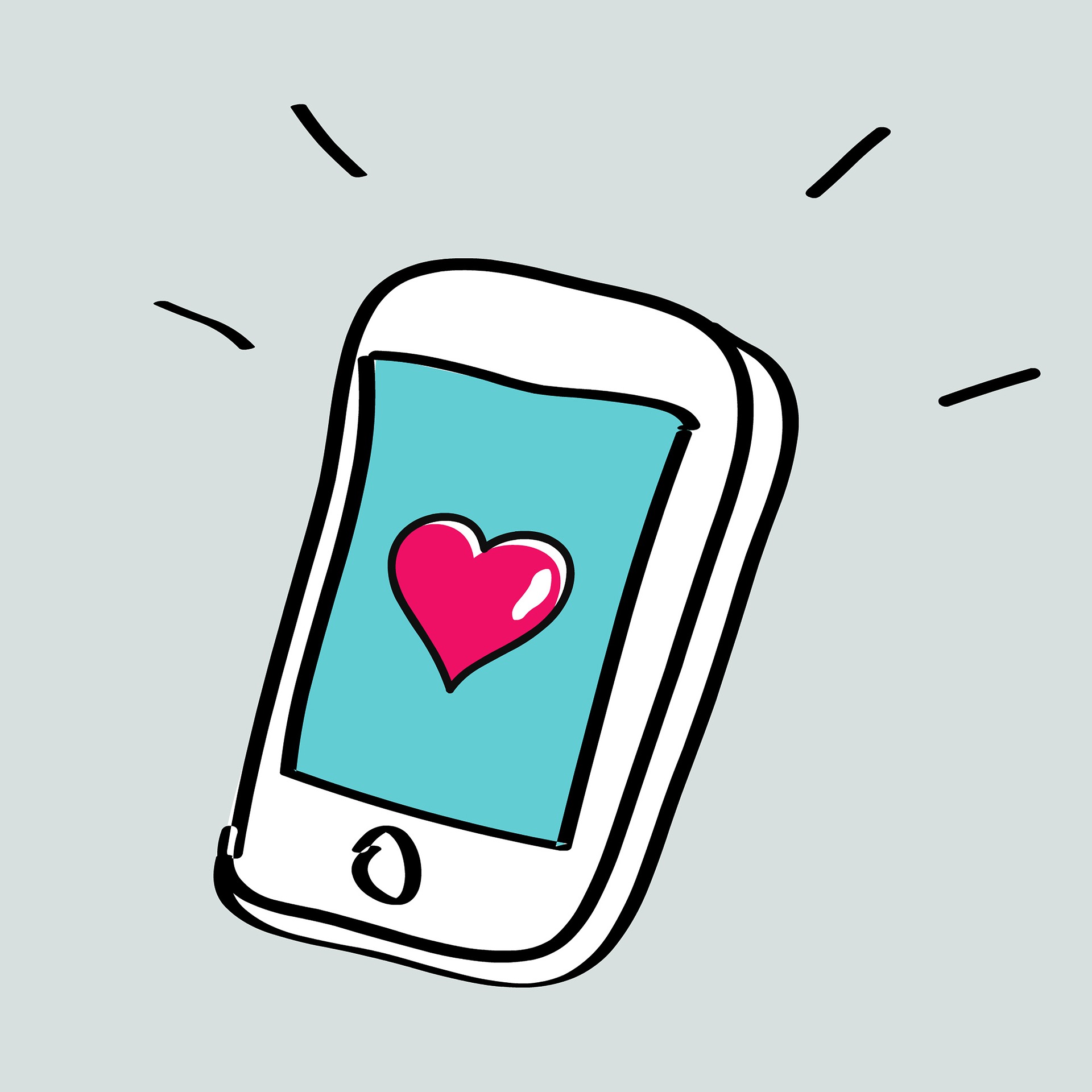
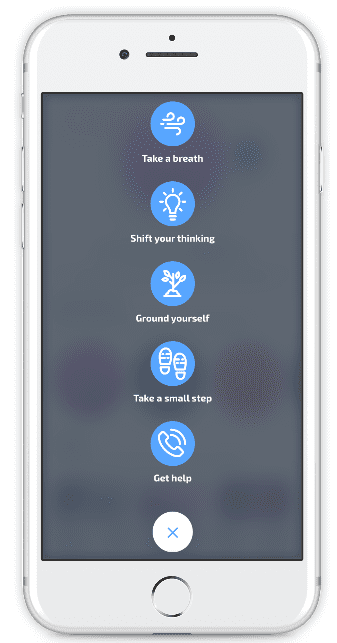
Recent Comments